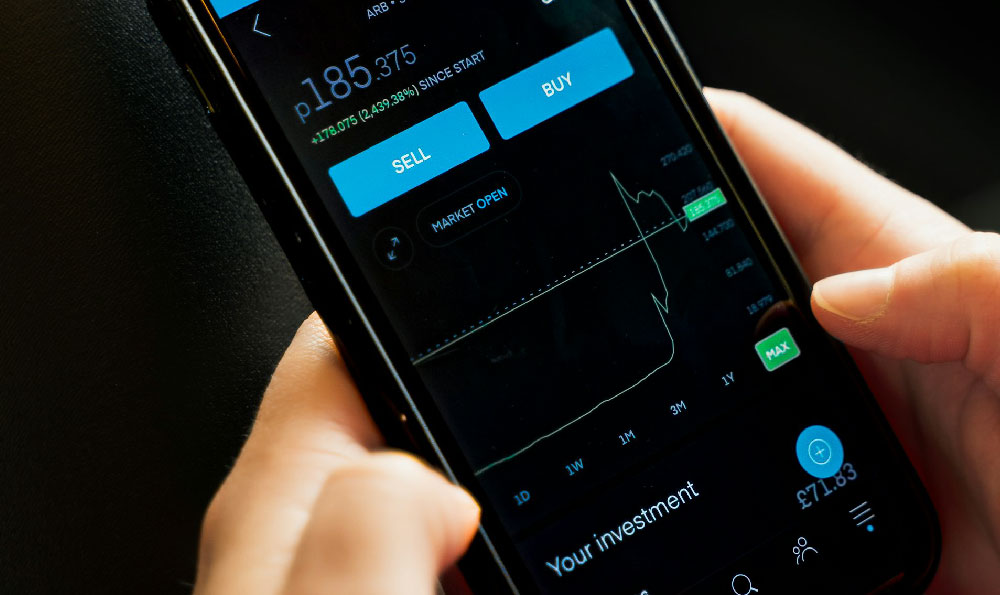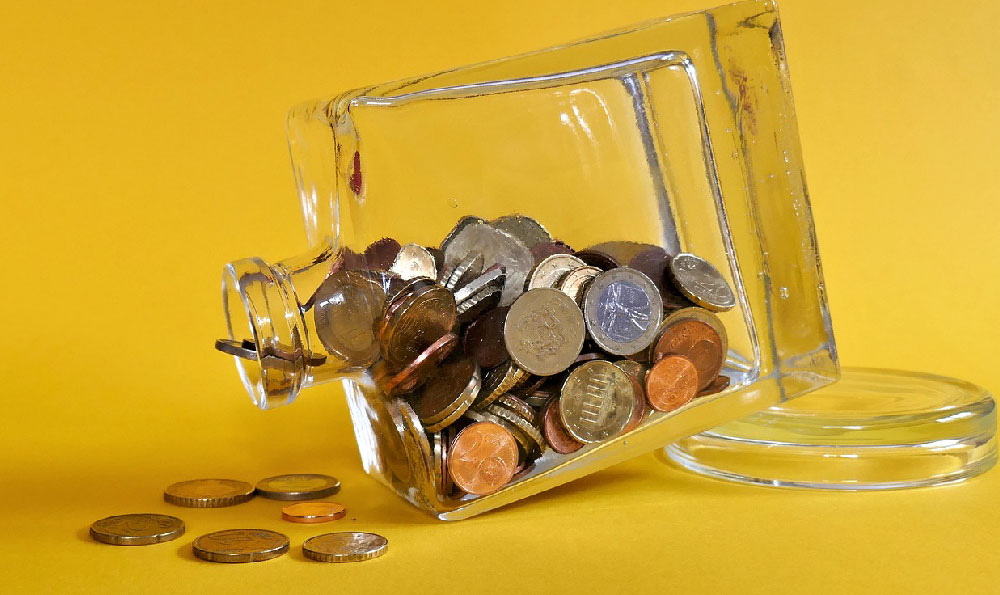Investing in Ripple (XRP) requires careful consideration and a well-defined strategy. Before diving into the "where" and "why," it's paramount to understand what XRP is and its role within the broader cryptocurrency ecosystem. XRP is not technically a cryptocurrency in the purest sense like Bitcoin. It's a digital asset designed to facilitate cross-border payments quickly and efficiently, primarily targeting financial institutions. It operates on the XRP Ledger, a distributed ledger database that is maintained by a network of independent validators.
The "why" of investing in XRP is multifaceted and often debated. Proponents of XRP emphasize its potential to revolutionize international money transfers. Traditional systems like SWIFT are often slow, expensive, and lack transparency. XRP aims to address these shortcomings by providing near real-time settlement and significantly lower transaction fees. Its target market, the global payments industry, is enormous, suggesting substantial growth potential if XRP successfully captures a significant share. Some investors believe that XRP's unique position as a bridge currency between different fiat currencies could make it an indispensable part of the future financial landscape. Furthermore, the speed and cost-effectiveness of XRP transactions could benefit other applications beyond traditional banking, such as micro-payments and real-time settlements for e-commerce platforms.
However, the "why" also necessitates acknowledging the risks. XRP has faced regulatory scrutiny, most notably a lawsuit filed by the U.S. Securities and Exchange Commission (SEC), alleging that XRP was offered as an unregistered security. This lawsuit has significantly impacted the price and market perception of XRP. The outcome of this legal battle will undeniably shape XRP's future. Investors should be fully aware of these legal uncertainties and their potential consequences.

Beyond legal challenges, the cryptocurrency market itself is inherently volatile. XRP's price can fluctuate dramatically based on market sentiment, news events, and the actions of major holders ("whales"). It's crucial to approach XRP investments with a long-term perspective and avoid being swayed by short-term price swings.
Now, addressing the "where" of investing in XRP, it is vital to select a reputable and secure platform. Several cryptocurrency exchanges offer XRP trading, but not all are created equal. Consider the following factors when choosing an exchange:
- Security: The exchange should have robust security measures in place to protect your funds from hacking attempts and other security breaches. Look for features like two-factor authentication (2FA), cold storage of funds, and insurance coverage.
- Liquidity: Liquidity refers to the ease with which you can buy and sell XRP without significantly impacting the price. An exchange with high liquidity ensures that you can execute your trades quickly and efficiently.
- Fees: Different exchanges charge different fees for trading, deposits, and withdrawals. Compare the fees of various exchanges to find one that offers competitive rates.
- Regulation: Choose an exchange that is regulated in a reputable jurisdiction. Regulation provides some level of protection for investors and ensures that the exchange adheres to certain standards of conduct.
- User Interface: The exchange should have a user-friendly interface that is easy to navigate and understand. This is especially important for beginners who are new to cryptocurrency trading.
- Customer Support: Reliable customer support is essential in case you encounter any issues or have questions about the platform. Look for exchanges that offer multiple channels of support, such as email, phone, and live chat.
Some popular exchanges that have historically supported XRP trading include Binance (depending on your region and regulatory landscape), Coinbase (though its listing is subject to ongoing legal considerations), Kraken, and Bitstamp. Research the current availability and regulatory status of XRP on each exchange before making a decision. It's crucial to note that due to ongoing regulatory challenges in certain jurisdictions, some exchanges may have suspended or delisted XRP trading.
After selecting an exchange, the next step is to create an account and complete the necessary verification procedures. This typically involves providing personal information, such as your name, address, and date of birth, as well as uploading identification documents, such as a driver's license or passport. The verification process is designed to comply with anti-money laundering (AML) and know your customer (KYC) regulations.
Once your account is verified, you can deposit funds into your account. Most exchanges accept deposits in fiat currencies, such as USD, EUR, and GBP, as well as other cryptocurrencies. Choose a deposit method that is convenient and cost-effective for you. After depositing funds, you can then purchase XRP using the exchange's trading interface. You can place market orders, which are executed immediately at the best available price, or limit orders, which are executed only when the price reaches a specified level.
Beyond simply buying and holding XRP on an exchange, you might consider using a hardware wallet to store your XRP offline. Hardware wallets are considered the most secure way to store cryptocurrencies because they keep your private keys offline, protecting them from online hacking attempts. Popular hardware wallet options include Ledger and Trezor.
Before investing in XRP, it is crucial to conduct thorough research and understand the risks involved. Diversify your portfolio and avoid putting all your eggs in one basket. Never invest more than you can afford to lose. Stay informed about the latest news and developments in the cryptocurrency market, particularly regarding XRP and its regulatory landscape. Consider consulting with a qualified financial advisor before making any investment decisions. Investing in cryptocurrencies, including XRP, is inherently risky, and there is no guarantee of profit. Be prepared to accept the possibility of losses. Remember, due diligence and a calculated approach are paramount to successful and responsible investing. Finally, remember to stay updated on any legal decisions that may impact XRP. This is a rapidly changing landscape, and staying informed is crucial to making sound investment choices.












